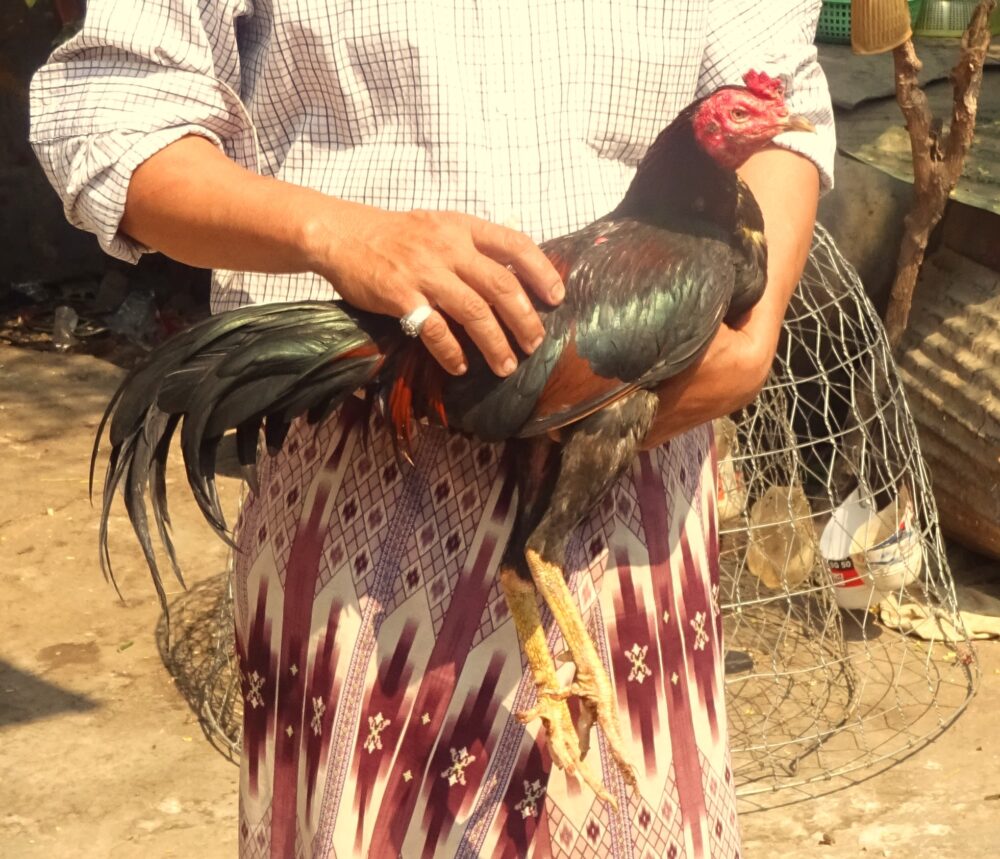By Neena Bhandari
Sydney, 19.04.2023 (SciDev.Net): A shift towards permanent “crisis resilience” from short-term aid is crucial to mitigate increasingly frequent shocks to the global food system and tackle rising global hunger, say food policy researchers.
Disruption to food systems from multiple crises such as economic downturn, conflict, climate change-related weather events and the COVID-19 pandemic, has caused a surge in acute food insecurity in recent years.
The Global Report on Food Crisis: Mid-Year Update 2022 estimates that as many as 205 million people in 45 countries experienced crisis-level acute food insecurity or worse, nearly double the number in 2016. It says requests for humanitarian assistance reached a record high of US$41 billion.
“Crises, shocks, and volatility are no longer exceptions and may become the new normal,” says Johan Swinnen, director general of the International Food Policy Research Institute (IFPRI) and managing director of the CGIAR Systems Transformation. “We should better predict and prepare, implement effective and accountable governance and institutions, and invest to build resilience against future crises.”

